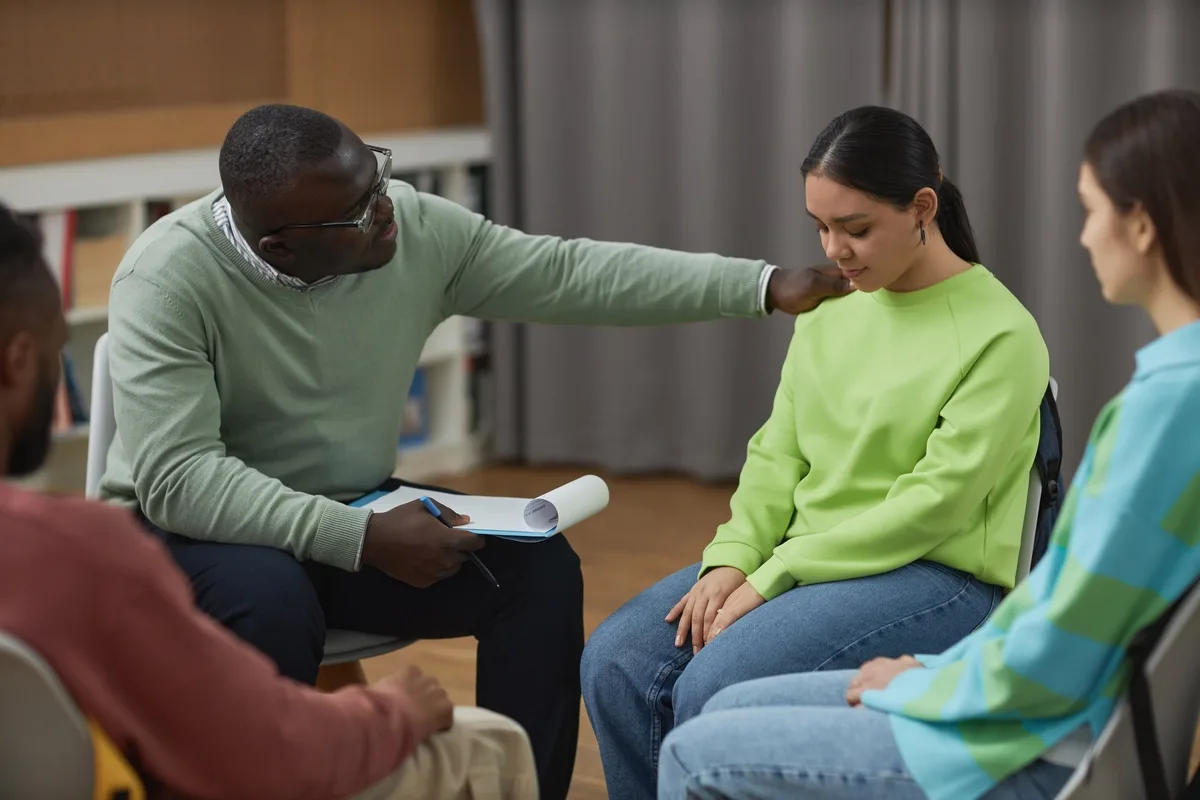24/7 Helpline:
(866) 899-221924/7 Helpline:
(866) 899-2219
Learn more about 60-day Rehab Program centers in Greentown
60-day Rehab Program in Other Cities
Other Categories in Greentown

Other Insurance Options

Choice Care Network

WellPoint

Oxford

Molina Healthcare

Absolute Total Care

Magellan

State Farm

Sutter

CareSource

Regence

MVP Healthcare

Coventry Health Care

MHNNet Behavioral Health

Carleon

CareFirst

Optima

BHS | Behavioral Health Systems

Ambetter

Humana

Health Net


The Gilead House
The Gilead House is a Non-Profit rehab center located in Indianapolis, IN. The Gilead House speciali...

Four County Counseling Center
4C Health Solutions is a dual diagnosis behavioral health treatment center located in Kokomo, IN. Wi...

First City Recovery Center
Freedom is within reach at First City Recovery Center. Based out of Kokomo, Indiana, FCRC offers a f...

Community Howard Behavioral Health Services
Community Howard Behavioral Health Services offers the complete realm of behavioral care to treat th...






























AA – Alcoholics Anonymous
AA – Alcoholics Anonymous is a private rehab located in Kokomo, Indiana. AA – Alcoholics Anonymous s...














